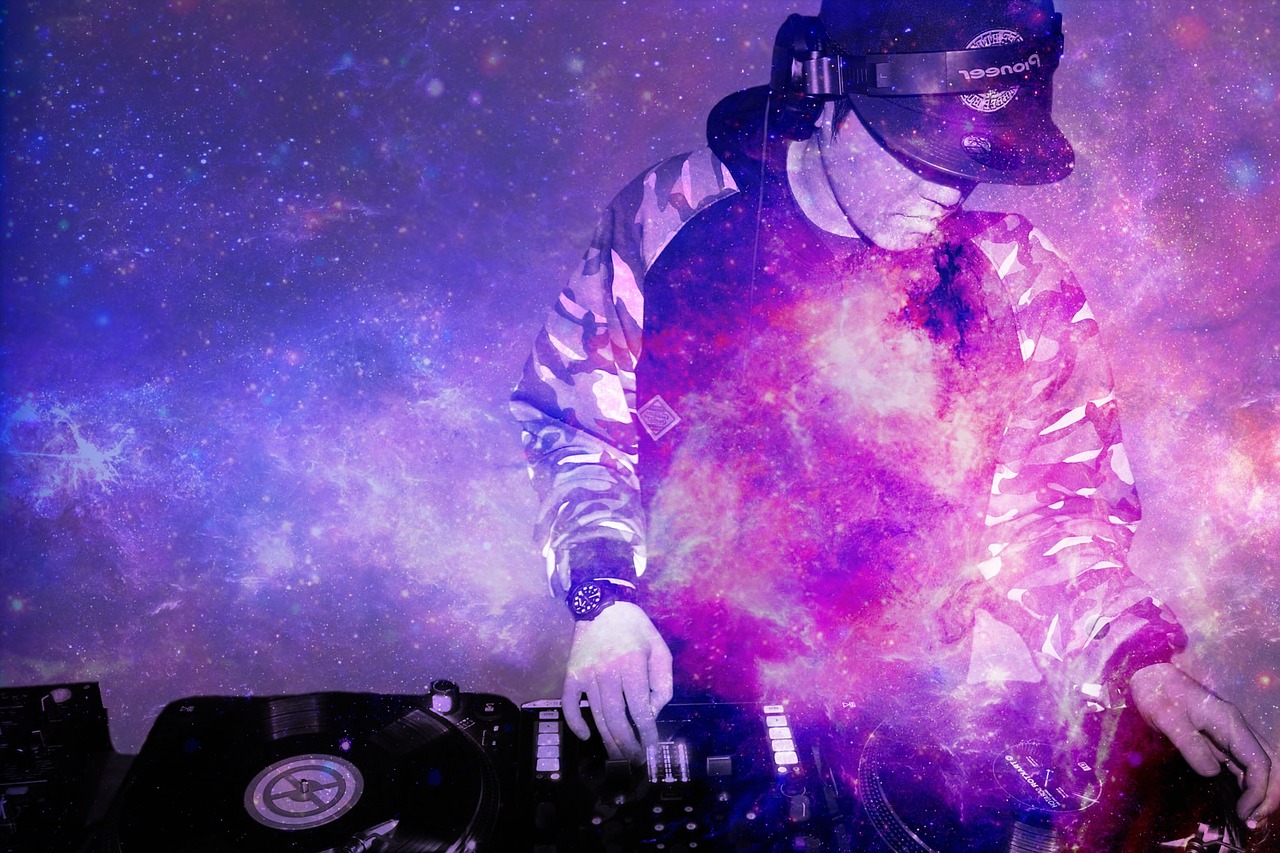
We recorded more than 60 interviews while reporting Season 2, and there are many you didn't hear. That's the special sauce that makes Louder different, and we wish we had more time to bring all of that forward. Louder host Sidney Madden (far left) with rapper Rico Nasty. Each of us was committed to building something different than what we'd experienced before. We created ways to ask one another for support, as we covered stories that held personal significance. Our team took trainings on trauma-informed reporting. To build a foundation for nuanced storytelling, we read deeply and widely. We started dreaming up this season from a place of abundance - one that made room for every reality that hip-hop encompasses right now. What change really looks like is us - artists, fans, creators, consumers, critics - coming together to reject scarcity and make the space wider. We need to stop supporting institutions or individuals that harm us or hold us back. To push the future of hip-hop forward and create work that truly opens minds, we need people in this for the long haul.

That's how you end up with more self-operated shock jocks and commentators than journalists, and how an audience grows conditioned to not even miss the real thing.

Investing the time and coin necessary to cultivate the level of storytelling hip-hop deserves is often seen as too high a tab. When it comes to funding this mission, that's a different story. They have shown there's an appetite for radical reporting, as in grasping at the root. They have been willing to follow as we dig into the social structures that hip-hop has both raged against and reinforced. Like hip-hop itself, Louder's audience has only broadened with time, and our listeners have proven to be as enthusiastic as we are to engage with the art on a deep level - certainly deeper than the hashtags, promotional campaigns, comments sections and hyperbolic hollering that tend to rise to the top. Through countless fan emails, reviews we've received and constant discourse on social media, we've learned we're not alone in this mission. Louder Than A Riot host Rodney Carmichael (right) with rapper ILoveMakonnen. Because like Tarana Burke told us in Episode 5, loving something means holding it accountable, and calling it out when it wanders astray. Work that doesn't just celebrate hip-hop, but also asks tough questions of it. Work that challenges the artists we cover, on mic, face to face. And as production has drawn to a close, we, too, have started to wonder if we'll ever be in a position to do this kind of work again. We were asked to finish the season in progress, which had launched a week earlier, and we chose to do so - for many reasons, but most importantly for the sake of the artists, experts and professionals with whom we'd spoken in over a year's worth of reporting, who we knew were unlikely to find a platform quite like our show anywhere else. Louder Than A Riot was discontinued in March due to budget cuts at NPR, and most of our staff was laid off.

So with the rules of the game laid out before us in the run-up to this season, the concept of scarcity was already on our minds when it came for our own show. When scarcity is the default assumption, there's no space to imagine a world with enough to go around, and some of the voices in the conversation get their volume turned down. That why we put together A History of Ringtone Rap One-Hit Wonders, so you can reminisce about the hits.because we're pretty sure the artists themselves didn't leave much of an impression.These expectations can sometimes make hip-hop feel less like an art form and more like a blood sport - where there's room for just one queen at a time, catty rivalries become canon narratives and only a few kinds of success are seen as legitimate.

Even if people recently realized that we were just fine when our phones rang like well, phones, and not jukeboxes, there's no denying there was something noteworthy about those four years. Ringtone sales began rising in 2004, peaked in 2007 (when they brought in $881 million dollars), and have been declining ever since. Although a number of artists were able to begin real careers as ringtone rappers, the genre was notorious for creating stars who made one Top 40 hit and then faded into oblivion. What made ringtones so frustratingly disposable was that they were seemingly created with the sole purpose of capitalizing on the then-emerging popularity of ringtones-it didn't matter if the songs were good in their entirety, since they only needed to bump for the 10-30 seconds that your phone rang.
HIP HOP RAP RINGTONES SERIES
It was a time loosely defined by a series of one-hit wonders, songs that seemingly popped up weekly with excellent beats, catchy hooks.and not much else. If you've been listening to hip-hop for the past decade, then you've lived through one of the genre's strangest periods: The Ringtone Rap Era.


 0 kommentar(er)
0 kommentar(er)
